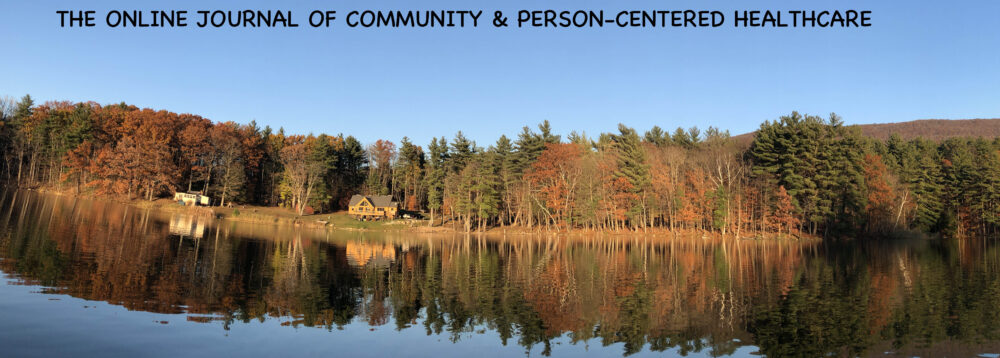Preprints and Post-Publication Peer Review
by David J. Elpern
We are creating two Preprint Repositories that will help some authors. dermatolRxiv.com and medhumRxiv are free online archives for finished but unpublished manuscripts (preprints) in dermatology and the medical humanities. Preprints are preliminary reports of works that have not been certified by peer review.1 The so-called major dermatology journals are the domain of academic dermatologists, some of who are bedfellows of pharmaceutical companies (PhRMA). These major American dermatology journals, in particular, are heavily dependent on lucrative PhRMA ads.
We envision dermatolRxiv.com and medhumRxiv as resources for clinical dermatologists and others who are not vassals of PhRMA or academic medicine to publish their articles rapidly as they wait for peer review (if they choose that route).
We take a dim view to the value of Peer Review as it is often an old-boy/girl network that serves organized medicine. Our preprints will be evaluated by the process known as post-publication peer review.2 Presently there are many predatory journals soliciting articles.3 They charge a hefty publication fees for and most are not indexed in PubMed. dermatolRxiv.com and medhumRxiv were established to provide a free, easy to use alternative to these greedy periodicals.
What is a preprint?
As defined by the Committee on Publication Ethics (COPE), “a preprint is a scholarly manuscript posted by the author(s) in an openly accessible platform, usually before or in parallel with the peer review process”.1
How to submit?
The simplest way is to send us your article as a Word file. All manuscripts should include the title, authors’ names and affiliations and email address, and an abstract on the title page. Keywords will be helpful. We’d appreciate a brief bio of the author(s) and a statement re: any disclosures or conflicts of interest.
These preprints will be housed on The Online Journal of Community and Patient-Centered Dermatology. Appropriate keywords will be added so that they can be easily found. Please join is in this enterprise.
Addendum: On April 21, the NY Times had an article about the preprints bioRxiv and medRxiv.4 “The sites’ goal: improve communication between scientists by allowing them to share promising findings months before their research has gone through protracted peer review and official publication.”
References
- Committee on Publication Ethics. Discussion document on preprints. March, 2018. https://publicationethics.org/files/u7140/COPE_Preprints_Mar18.pdf (accessed May 14, 2018)
- Post-publication Peer Review: Opening Up Scientific Conversation
Jane Hunter. Post-publication Peer Review: Opening Up Scientific Conversation. Front Comput Neurosci. 2012 Aug 30;6:63. - Elpern DJ. Crazy New Journals: Quintessential extracts of mediocrity. Int J Dermatol. 2017 May;56(5):592-593.
- Coronavirus Tests Science’s Need for Speed Limits NY Times 4.21.2 https://nyti.ms/2XA0Tor
References
- Committee on Publication Ethics. Discussion document on preprints. March, 2018. https://publicationethics.org/files/u7140/COPE_Preprints_Mar18.pdf (accessed May 14, 2018)
- Jane Hunter. Post-publication Peer Review: Opening Up Scientific Conversation. Front Comput Neurosci. 2012 Aug 30;6:63.
- Elpern DJ. Crazy New Journals: Quintessential extracts of mediocrity. Int J Dermatol. 2017 May;56(5):592-593.

